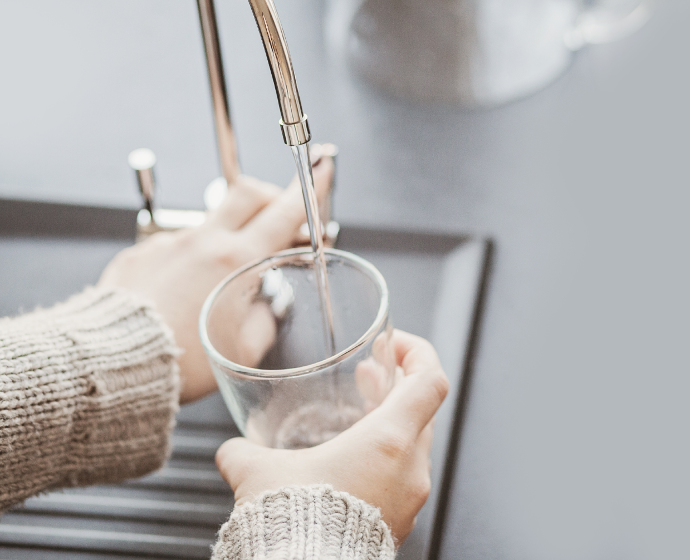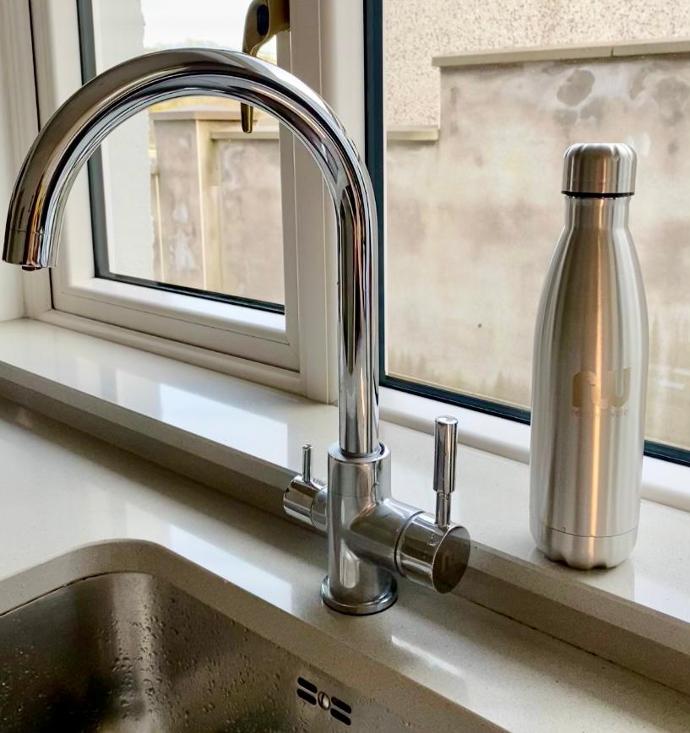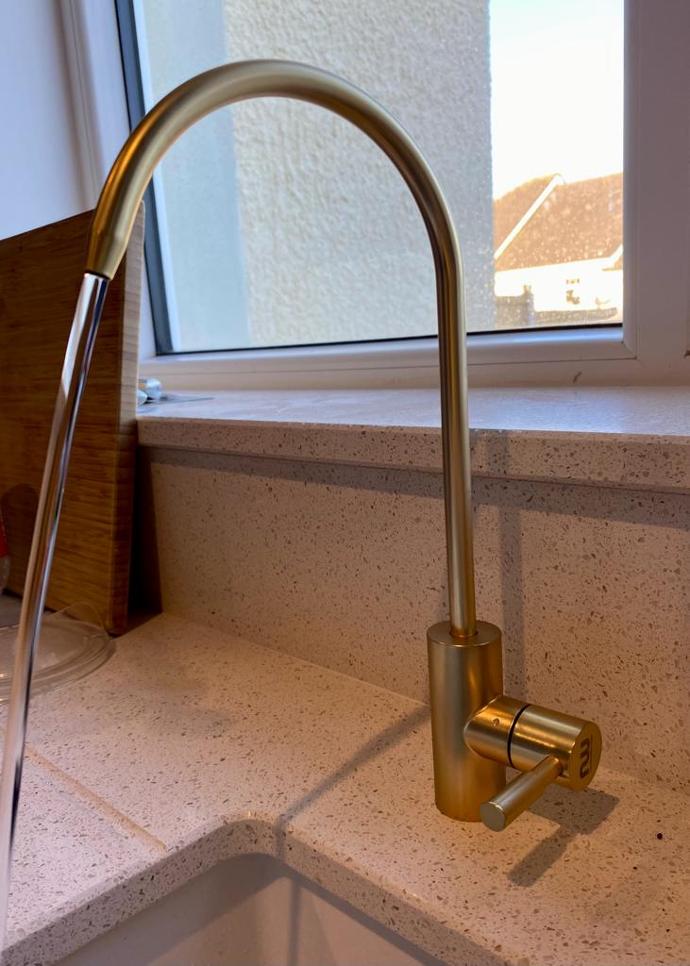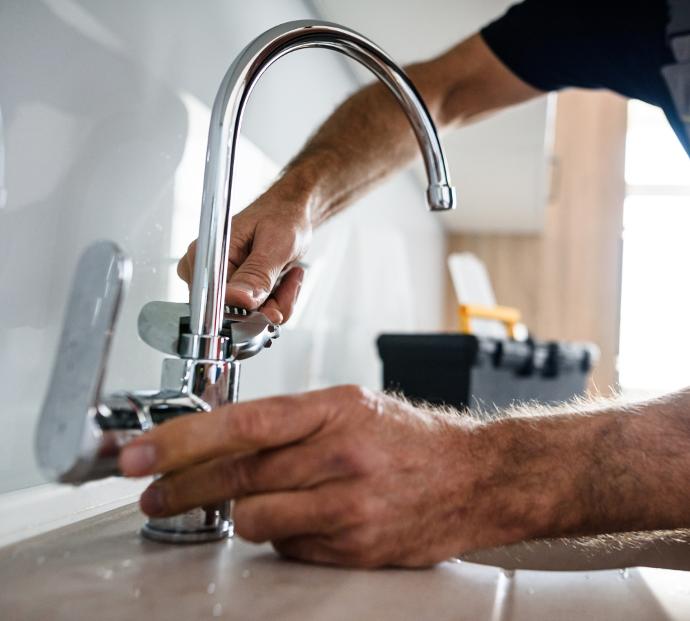Unlock Reasons: Why Do I Need a Separate Tap with a Water Filter System?
Ever come across a kitchen with two distinct taps and wondered about the rationale behind this choice? It's not just happenstance; it's a deliberate decision for a healthier lifestyle. One tap provides impeccably filtered and pure water, customised for your drinking needs, while the other is there for various kitchen tasks.
In this insightful blog post, we delve into the compelling reasons behind the installation of a separate tap in kitchens. Join us as we explore the transformative benefits of this seemingly simple decision and discover viable alternatives that cater to your unique household needs. Stay tuned to unveil the secrets of a separate tap in the realm of water filter solutions.

The quest for clean, pure water at home often leads to installing a reverse osmosis (RO) filtration system. Although the main objective is clear – to enjoy the benefits of filtered water – there is an additional nuance that may raise doubts: the installation of a separate tap dedicated to filtered water.
Additionally, we'll explore alternative options like tri flow taps to give you a comprehensive perspective on optimizing space without compromising the safety of drinking filtered water from the tap.
reasons

Precision in Purity:
Crystal Clear Water: The primary advantage of a separate tap for your RO system is the assurance of pure, uncontaminated water. This tap exclusively delivers water that has undergone the rigorous filtration process of reverse osmosis, providing you with the utmost confidence in its quality.

Enhanced Flavor Profile:
Preserving Taste Integrity: By designating a tap solely for RO-filtered water, you avoid any residual tastes from the main tap water source. This ensures that your water retains its crisp, neutral taste without any interference from potential contaminants.

Optimal RO System Performance:
Efficiency in Filtration: Using a separate tap for your RO system prevents any cross-contamination with untreated water. This not only maintains the integrity of your RO system's filtration process but also ensures its optimal performance over time.
Convenience in Daily Use:
Effortless Access: Having a dedicated tap means quick and easy access to purified water. This convenience becomes particularly evident in daily tasks such as cooking, brewing beverages, and staying hydrated with confidence.
Water Conservation:
Minimizing Wastage: With a separate tap, you can reduce the chances of accidentally using RO-filtered water for non-consumable purposes, minimizing unnecessary wastage and maximizing the lifespan of your RO system.
Aesthetics and Design:
Elevating the Aesthetic: From a design perspective, a separate tap can enhance the overall aesthetic of your kitchen or designated water area. It adds a touch of sophistication while signaling a commitment to water quality.

Installation Considerations:
Professional Installation: When opting for a separate tap for your Reverse Osmosis (RO) system, it's advisable to enlist the services of a professional installer. They can ensure the proper integration of the tap into your existing plumbing system, maximizing its efficiency.
Conclusion:
Investing in a separate tap for your reverse osmosis system is more than a convenience – it's a commitment to the purity and quality of your water. By designating a tap exclusively for RO-filtered water, you not only enjoy the benefits of enhanced taste but also prolong the life and efficiency of your water purification system. It's a small adjustment that can make a significant impact on your daily hydration routine and elevate your overall water experience at home. Cheers to pure, refreshing water at the turn of a dedicated tap!
Why Do I Need A Separate Tap?